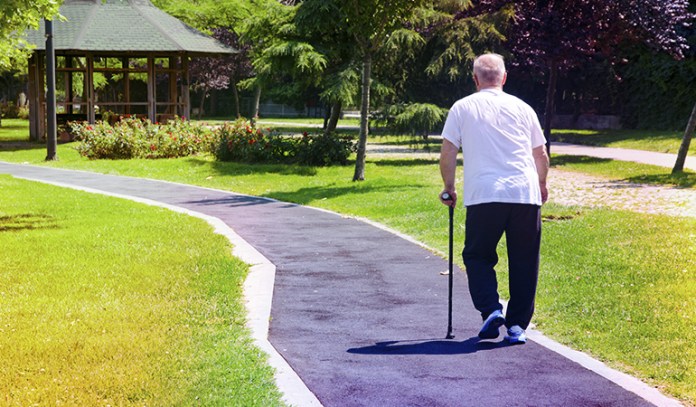We are constantly fighting against so many diseases that a few of them can fall through the cracks. Pneumococcal pneumonia is one such disease that has fallen through the cracks of our neglect. It would be wrong to say that it is making a big comeback among the elderly because it never stopped bothering them in the first place.
This disease might not sound so serious because we have been successful in shielding our children from it. But unfortunately, it is serious and it is finally catching the attention of the medical professionals as well.
Whether you are a senior or someone related to a senior, you need to know about this disease to be able to prevent it. Fortunately, we are medically equipped to prevent it but our ignorance and neglect have been stopping us from doing our best. Information is power when it comes to this disease.
The Anatomy Of Pneumococcal Pneumonia

This bacterial infection can be caused by many strains of pneumococcal bacteria. This disease can spread through direct contact with infected individuals. Saliva or mucus of infected patients can spread the germ of this disease.
Pneumococcal bacteria infect the lungs and cause pneumonia. This infection can spread to the blood stream if left untreated, thereby causing bacteremia. It can then invade other tissues as well to cause sinus infections, meningitis etc. This is the very reason why doctors call this disease an invasive one as it is capable of spreading to the parts that are normally free from infections.
Thus, safe to say that if this infection is left untreated, it can cause a snowball effect of illness inside our bodies.1 2
Who’s At Risk?

Apart from children, adults over the age of 65 are also at risk of being infected by this disease. Adults who have compromised immune systems, cochlear implants, cerebrospinal fluid leaks and have other chronic illnesses like emphysema, asthma, severe lung conditions etc. also fall in the ‘at risk’ category. And people who smoke are not safe from this infectious disease either. This can come as a shock to quite a few as this condition has often been associated with cold-ridden children. But the truth is that this invasive condition can affect adults just as much as children.3
Grave Effect On The Elderly

Compromised immunity of the elderly coupled with ignorance have been playing a major role in the pervasiveness of this disease. The symptoms are often seem to be milder in the elderly. Common symptoms are fever, dehydration and altered mental state. And these symptoms can seem too generic to raise an alarm sometimes. But early detection can really help in the prevention of worsening of this condition.4
The invention of pneumococcal vaccine was a huge milestone in the history of medicine. Now there are pneumococcal vaccines available for elders as well. But unfortunately, only a few are aware of these vaccines and even fewer are getting vaccinated.
Pneumonia is one of the leading causes of death among the elderly.5 About 90% of the invasive pneumococcal diseases happen to be among adults. More than 95% of pneumococcal deaths are in adults. And yet 40% of adults over the age of 65 remain unvaccinated.6
Vaccination Is The Need Of The Hour

Vaccination is the easiest way of protecting ourselves against this awful disease that is claiming thousands of lives every year. Although vaccinations might not be able to protect all of us, it can definitely reduce our chances of encountering this disease by several folds.
There are two different types of vaccines that are available for the elderly. The pneumococcal conjugate vaccine (PCV-13) is given to adults over 65 years of age and infants below 2 years of age. This vaccine can provide protection against 13 strains of pneumococcal bacteria. People with compromised immunity can also get this vaccination.
Another vaccine is the pneumococcal polysaccharide vaccine (PPSV23) which can protect against 23 strains of pneumococcal bacteria. This vaccine is hugely recommended by the Centers for Disease Control and Prevention (CDC) for all adults over the age of 65 and everybody over the age of 2 who are at risk.7
New Attitude Toward Health Can Change Our Lives

Being proactive about our health can never yield us bad results. So, it is important that we talk to our doctors and find out about all the vaccinations that can help us safeguard ourselves from life-threatening diseases. We can help others by educating them about this disease and the available vaccinations by joining hands with organizations that are raising awareness about this issue.
Right and relevant information can change our lives. So, let’s get informed about this condition and make some changes to avert this illness together.
References





